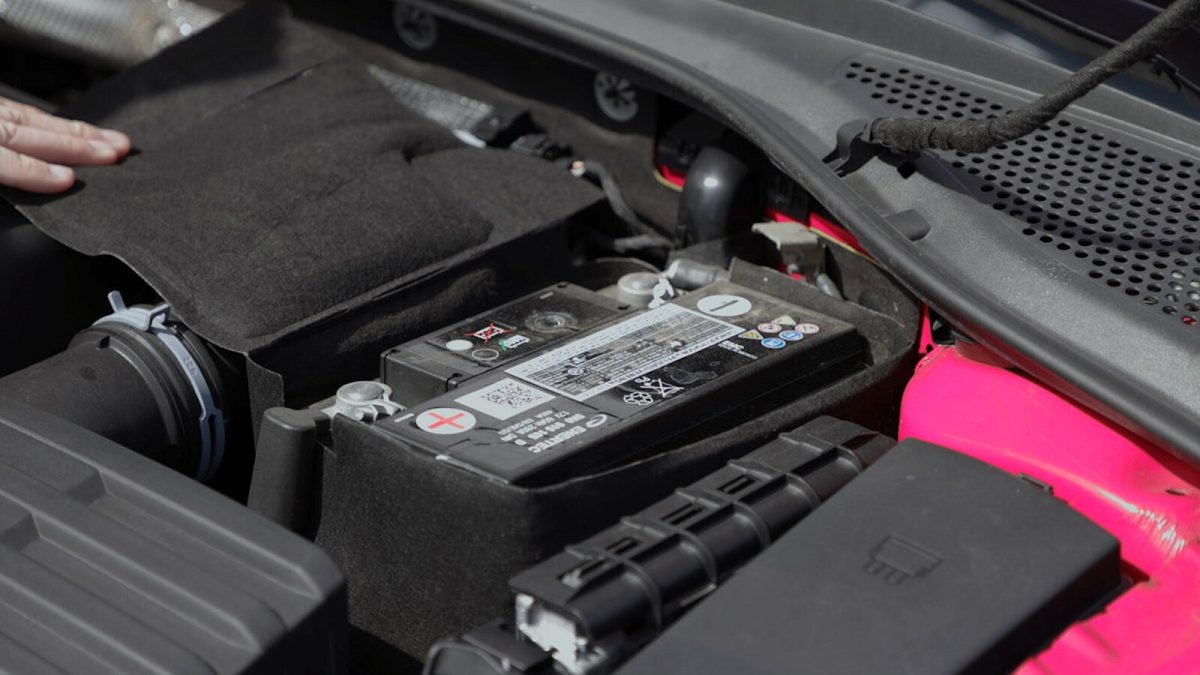A new battery is a freshly manufactured unit that has been installed in a vehicle for no longer than three months, with receipts or other documentation to prove it.
The battery’s primary function is to provide an electric current to the electric-powered starting motor. That motor starts the internal combustion engine, which drives the wheels that move the car forward and backward.
Additionally, the battery supplies power for the vehicle’s various electrical systems and components. While the battery supplies power, the alternator charges the battery as demands increase or decrease.
Even electric vehicles still use conventional 12-volt batteries to power the vehicle’s electrical systems. Sometimes they’re called auxiliary batteries. The system is slightly different as the battery isn’t used to start the car, and its power draw is typically pretty low compared to an ICE-powered vehicle. They also don’t rely on an alternator to charge; instead, they use a converter to take power from the vehicle’s larger batteries.
No one thinks much about their car battery until the car doesn’t start — a leading indicator you may need a new one.
If your car struggles — or fails — to start, you hear strange clicking noises when you turn the key, or your interior lights begin to flicker, it may be time to replace your battery. Depending upon the type of battery your vehicle requires, you can expect to pay $45 to $250 for a new one — and some vehicles need more than one.
See Also: Does My Car Need a New Fuel Filter? How Much Will a Fuel Pump Cost?








